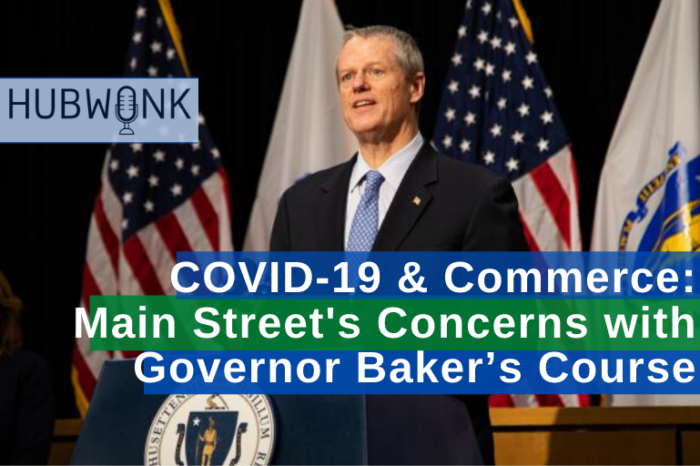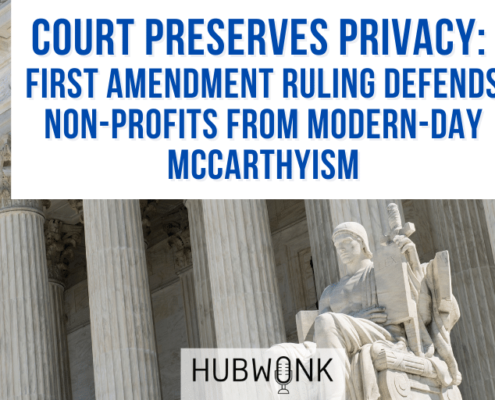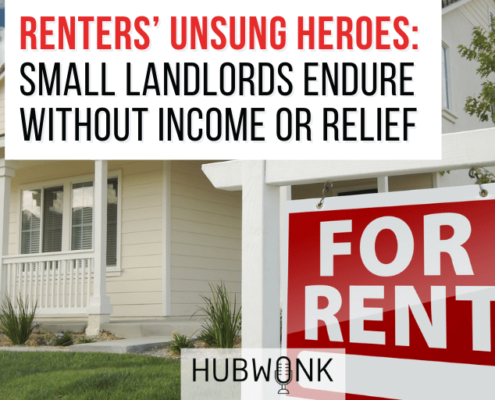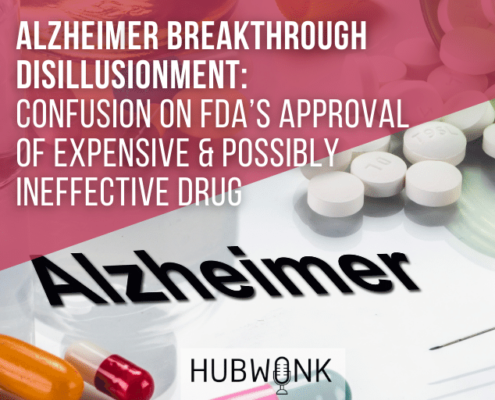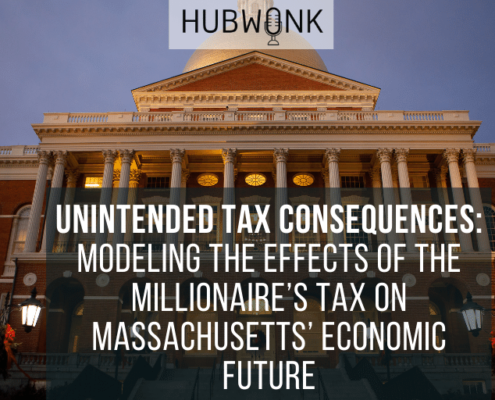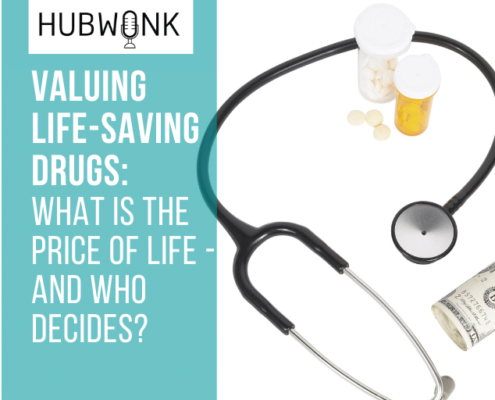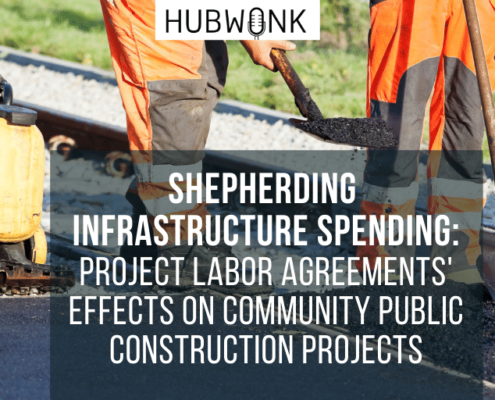Hubwonk Ep. 6: COVID-19 and Commerce: Main Street’s Concerns with Governor Baker’s Course
In this episode, Host Joe Selvaggi is joined by Pioneer Research Analyst Rebecca Paxton to get reactions to Massachusetts Governor Charlie Baker’s phased reopening, from the leaders of two statewide business organizations, NFIB and Retailers Association of Massachusetts. The guests share their concerns and disappointment with Gov. Baker’s plan, contending that good policy requires us to trust business leaders to protect the needs and safety of their clientele.
Guests:
Christopher Carlozzi is Massachusetts State Director of NFIB. Aside from working directly with NFIB members across New England, he worked to enact legislation that would help small businesses in both the Massachusetts and Rhode Island Legislatures. Carlozzi spent 3 years working in the Massachusetts General Court for Assistant Minority Whip, State Representative John Lepper and has managed two United States Congressional campaigns in Pennsylvania and New Jersey. Carlozzi received his bachelor’s degree from the University of Massachusetts Amherst.
Jon Hurst has served as President of the Retailers Association of Massachusetts (RAM) since 1990. As CEO of the 4,000-member statewide trade association, Hurst manages the member services, education and public affairs of the organization.
Hurst also serves as Chairman of the Board of the MA Retail Merchants Workers Compensation Group, Inc., a non-profit group organized by RAM in 1991. He also heads the Retailers Association of Massachusetts Health Insurance Cooperative, the first non-profit small business health insurance cooperative authorized in 2012 by the state.
Hurst has served on various state advisory boards, including current roles with the Economic Development Planning Council, the Statewide Healthcare Quality Advisory Committee, the Health Policy Commission Advisory Council, and the Workforce Competitive Trust Fund Advisory Committee. Hurst has served on numerous non-profit boards, including the Beverly YMCA, Beverly Main Streets, the National Retail Federation, and also served as Chairman of the National Association of State Retail Association Executives.
Get new episodes of Hubwonk in your inbox!
Related Content

